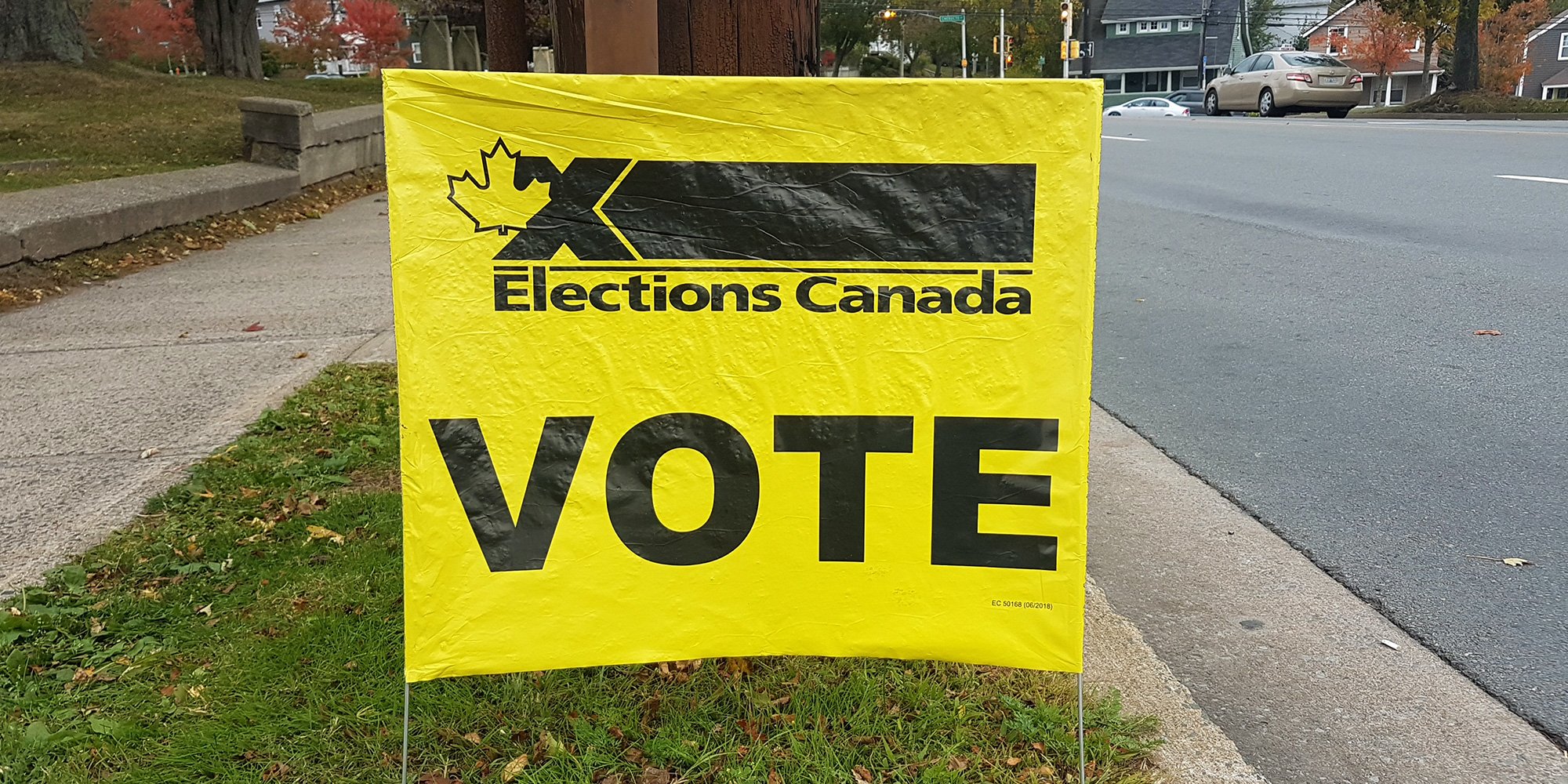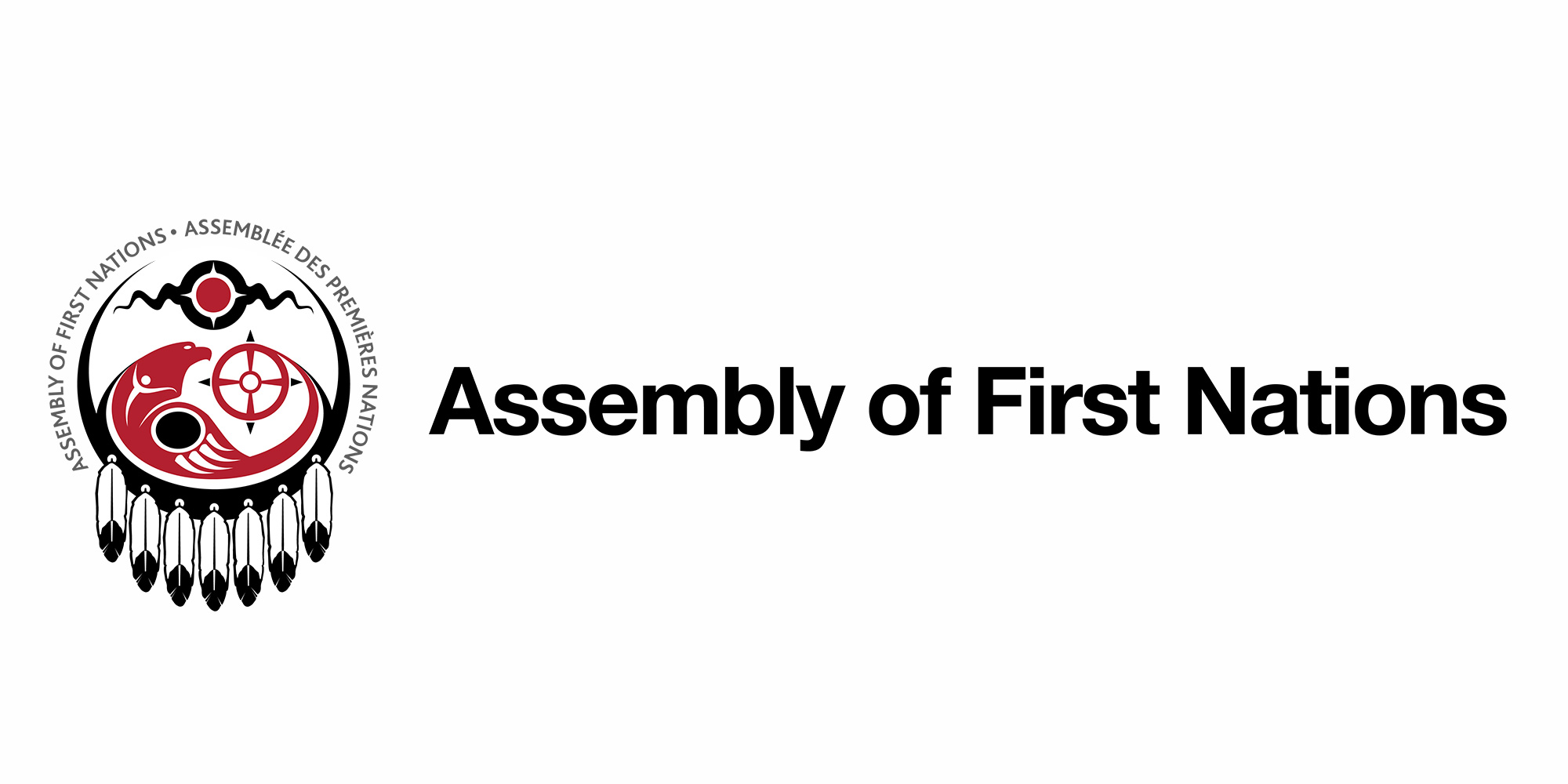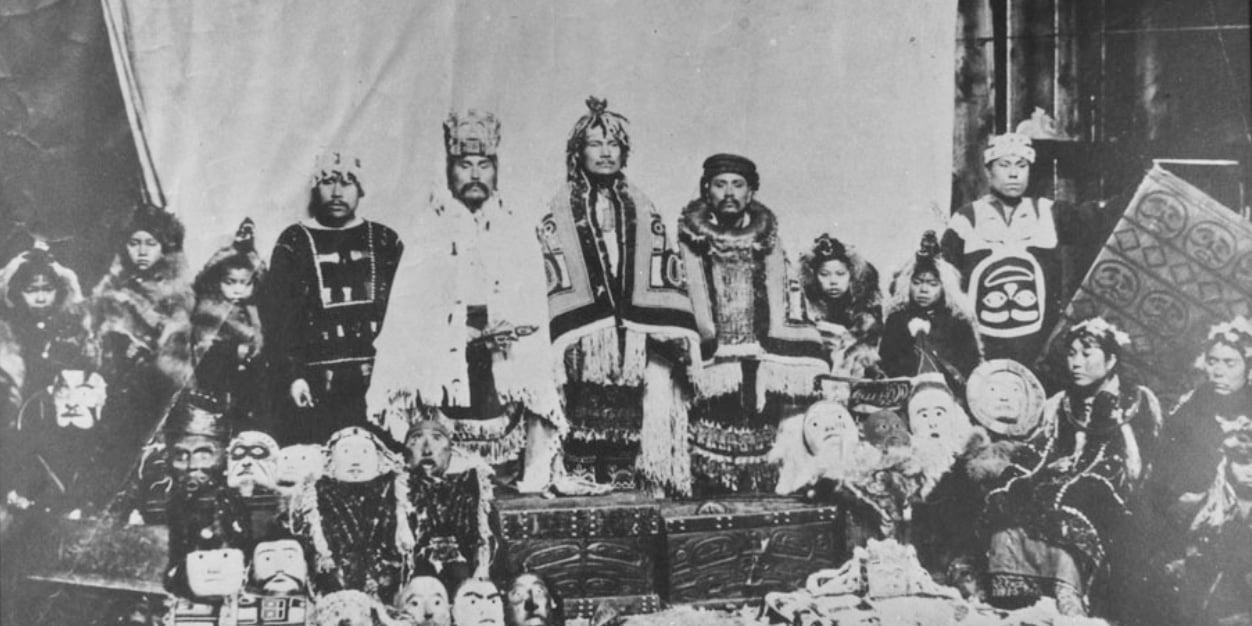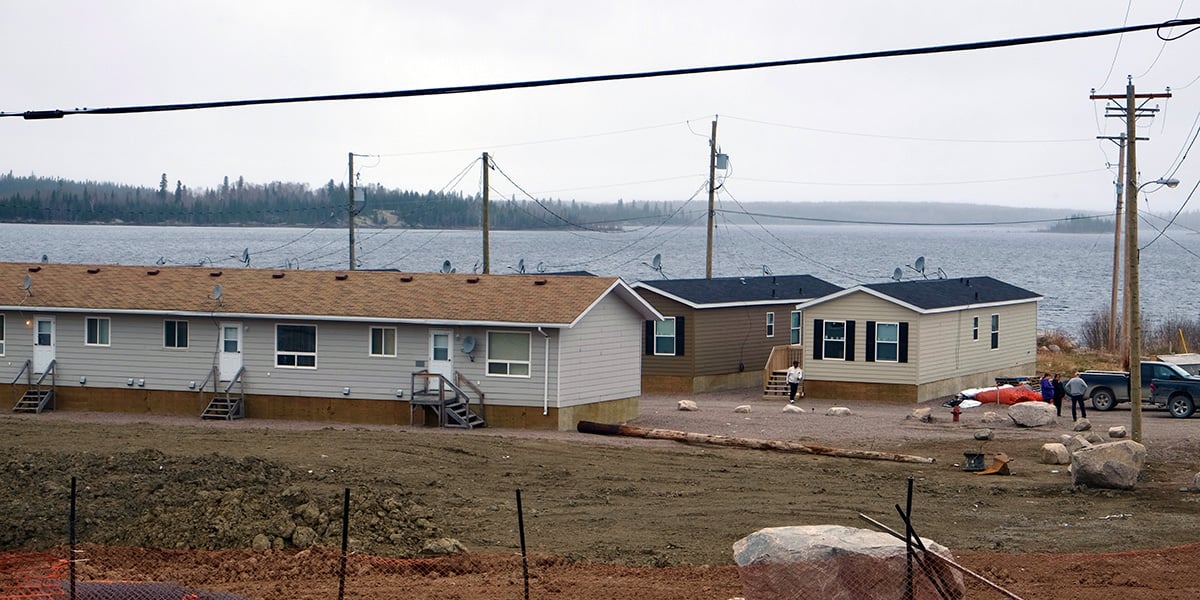Assembly of First Nations 2014 Election
On December 10, 2014, the next National Chief of the Assembly of First Nations will be elected during the AFN Special Chiefs Assembly in Winnipeg....

Prior to the introduction of the Indian Act in 1876, communities were self-governing and leadership was designated according to each community's tradition. Under the Indian Act, elections became cumbersome, people could be nominated without consent, getting ballots to off-reserve members is an inaccurate process, contact lists are often not up to date, there is no provision for a re-count if the tally is close, and no advance polling. One of the greatest frustrations is that elections must be held every two years which is not a very big window for First Nation governments to accomplish anything long-term. Times have changed (thankfully) since 1876.
At this time, First Nations have three different processes for electing their chief and council, with a fourth one under development.
For organizations working with First Nation communities, it is important to understand which election process the community subscribes to. If the community has elections under the Indian Act, be aware of when the next election is, the effectiveness and popularity of the chief and council, and have strategies in place to limit the impact of a change in leadership on your operations and relationships.
238 First Nations continue to hold elections according to the Indian Act rules [1]
Election appeals are dealt with by Crown-Indigenous Relations which can be a slow process.
343 First Nations hold elections according to Community or Custom Election codes
36 First Nations hold elections under self-government
[1] The numbers related to First Nations electoral systems are current as of April 10, 2014.
Featured photo: A Disappearing Act, Flickr

On December 10, 2014, the next National Chief of the Assembly of First Nations will be elected during the AFN Special Chiefs Assembly in Winnipeg....

The role and responsibilities of First Nation Chiefs, traditional or elected, are not easily defined and are not synonymous across Canada due to the ...

A First Nation reserve is a tract of land set aside under the Indian Act and treaty agreements for the exclusive use of an Indian band (First...